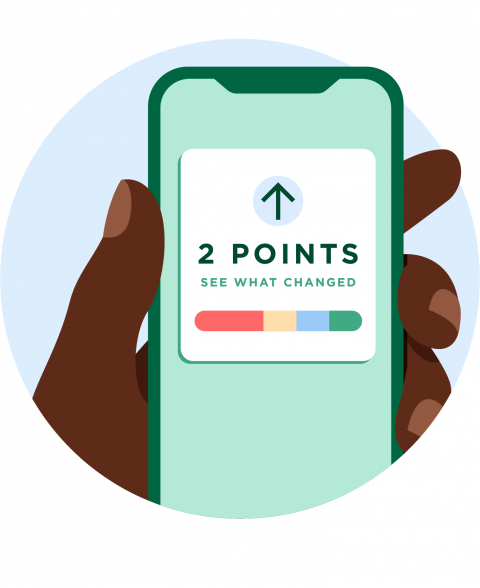Late Paying First Credit Card but Approved Again
On-time payments are the biggest factor affecting your credit score, so missing a payment can sting. If you have otherwise spotless credit, a payment that's more than 30 days past due can knock as many as 100 points off your credit score. If your score is already low, it won't hurt it as much but will still do damage.
But sometimes it's impossible to pay on time, because of job loss or another financial crisis. If you're in a tight spot, look into help and strategies for when you can't pay all your bills.
Here's what you need to know about how late payments work and how to address them.
When is a payment marked late on credit reports?
By federal law, a late payment cannot be reported to the credit reporting bureaus until it is at least 30 days past due. An overlooked bill won't hurt your credit as long as you pay before the 30-day mark, although you may have to pay a late fee.
What's on your credit reports is important because that's the data used in calculating your credit scores. Since payment history is the biggest element in what makes up your credit scores , going 30 days or more past due can really hurt.
Note: If you got payment modifications from creditors because of the pandemic, you have some protection thanks to the CARES Act enacted in late March 2020. Accounts that were being paid on time will continue to be reported as "current" while the payment modification is in place, as long as you pay according to the new agreement. Accounts that were delinquent can continue to be reported that way, however, unless you manage to pay them up to current status.
How do I know there's a late payment on my credit report?
If you see a late payment pop up, check all three of your credit reports. Through December 2022, you're entitled to free weekly credit reports from the three major credit reporting bureaus: Experian, Equifax and TransUnion. Request them by using AnnualCreditReport.com .
If you have an account with payment modifications, check to make sure they're being reported correctly.
You can also keep an eye on your account activity with a personal finance website. With NerdWallet, you can check your free credit report and your VantageScore credit score whenever you like.
Get score change notifications
See your free score anytime, get notified when it changes, and build it with personalized insights.

What can I do if I slip up?
If you're less than 30 days late
You probably were charged a late payment fee and perhaps a higher APR, but your credit won't suffer as long as you pay before the 30-day mark. If you've never or rarely been late, call the creditor and ask if it will forgive the fee.
If you're more than 30 days late
Bring your account current as soon as possible. Thirty days late is bad, but it's not as bad as 60, which is not as bad as 90. The sooner you can catch up, the less damage to your credit. When your account is current, you can write a goodwill letter asking the creditor to remove the negative mark.
If it's an error
Credit reports sometimes include mistakes. If you spot incorrect information like a payment marked late when it wasn't, dispute the error to ask the credit bureau or the creditor involved to take it off your credit reports.
How long does a late payment stay on my credit report?
It can stay on your credit report for 7½ years from when the account was initially reported late. However, the impact on your credit fades with time .
Will making a partial payment keep me from being reported late?
Unfortunately, no. It can feel like a good-faith effort to send at least something when you can't afford the minimum payment or a regular bill. But partial payments won't let you avoid being reported late and perhaps sent to collections.
How can I avoid late payments?
Focus on preventing problems with these strategies:
-
Many credit card issuers allow you to select payment due dates. You may want to stagger due dates to work with your paydays or bunch them up to help you remember.
-
Set up text alerts or calendar reminders about bills due in a few days. If you need more than one, set up multiple electronic nudges.
-
If you can do so without risking overdrafts, consider using automatic payments to pay at least the minimum as soon as a statement issues. You can go online later to pay more, but this way your account is never late.
-
Consider making payments on your credit cards throughout the month. Paying down the balance every week or so protects your credit two ways: You've already paid by the time the due date hits. And keeping your balance low relative to your credit limit improves your credit utilization , which is the second-biggest influence on your score.
Some creditors have hardship programs for people affected by things like natural disasters or a pandemic.
Source: https://www.nerdwallet.com/article/finance/late-bill-payment-reported